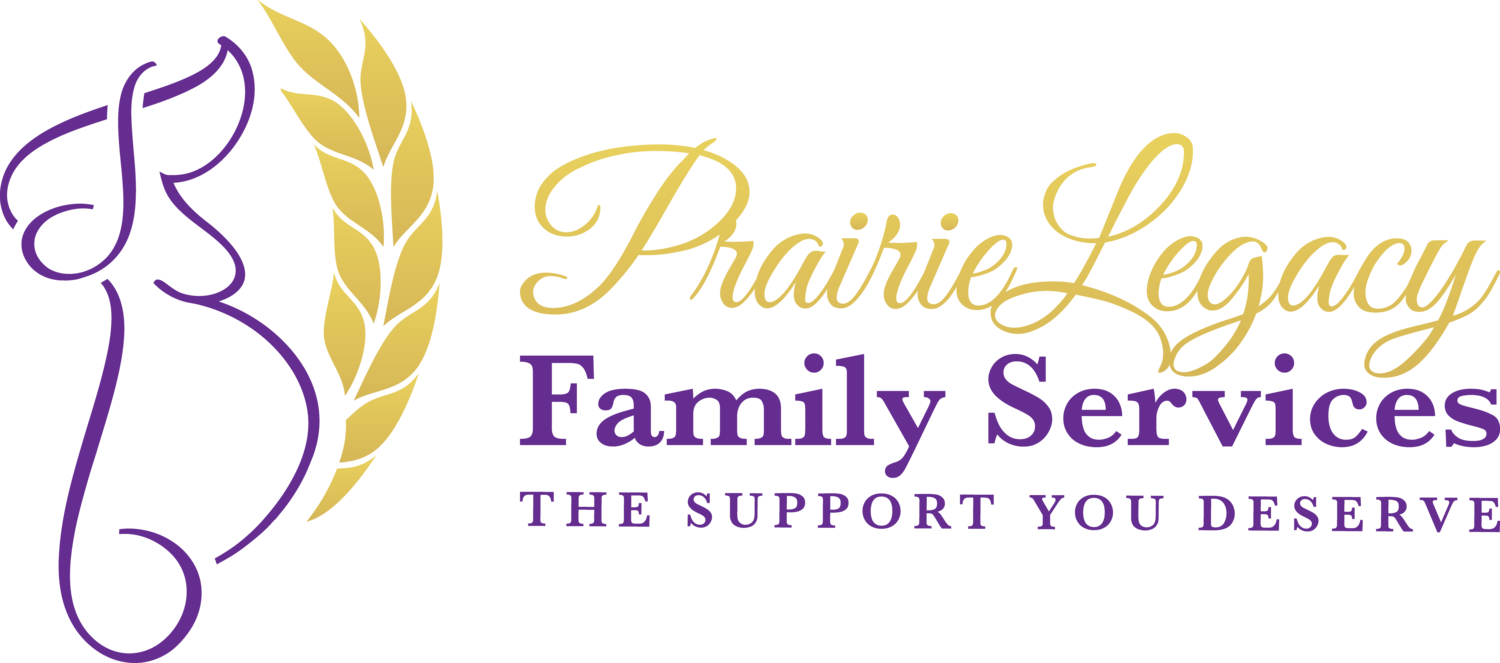Placenta encapsulation is one of those topics that tends to evoke very strong feelings and opinions. The range of opinions and emotions on this topic is extremely varied. There are those who simply find is disgusting (this was certainly my initial reaction!), those who worry it is a health risk, those who feel it improved their postpartum experience, and some who believe in it so strongly they have built their careers around it.
I am an IPPA Certified Placenta Encapsulator. What this means is that I took an in person training to learn how to encapsulate a placenta. I also had to take some additional training including a blood borne pathogens for placenta encapsulators course and food safety training. The reason I chose to take this training is because every time I spoke with a woman who had tried placenta encapsulation she gave it rave reviews. In my life experience I have always found lived experiences to be the best indicator of whether or not something is worth my while. When I purchase any big ticket item I always read a lot of reviews first and combined with things like consumer reports I make my decision. Since first learning about placenta encapsulation I had never heard a single bad review (keeping in mind that only a small portion of mothers choose to encapsulate). I decided that if women wanted this service and felt it helped them it was a skill worth learning. After all a HUGE part of being a doula is trusting that women know what is best for themselves.
As an encapsulator I make a conscious effort to be transparent with clients. Every potential client receives information about the potential risks and benefits of placenta encapsulation. Every client is informed that I can’t promise any benefits. I am frank in the fact that there is very little science to support placenta encapsulation. I share the anecdotal evidence that I receive through client feedback and then the choice is yours. I make it clear that I am being hired to prepare the placenta and that I can not make any medical claims.
What are my clients saying about placenta encapsulation? I’ve been told they found it helpful for milk production, energy levels, postpartum mood, and healing. I have clients who are adamant that they and their support people could see a difference and that when their capsules ran out it was noticeable. I also have clients who felt it didn't do much for them. My main concern has always been to provide this service in the safest way possible. That is why I always stayed on call for placentas. I picked them up 24/7 to make sure that they were stored properly and processed right away. Every placenta was carefully prepared. I always kept an open line of communication between myself and clients so they could get in touch if they ever had concerns.
I am very sad to announce that this is a service I will for the time being not be able to offer anymore. Health Canada has stated that any third party who encapsulates a placenta must follow Health Canada regulations. In theory this is wonderful. In theory, that would mean safer encapsulation processes and that is something I have always felt is important. In practice it means no third party can encapsulate because Health Canada didn’t set any regulations for Encapsulators, has put no one in charge of creating regulations, and isn’t able to answer any encapsulators questions about how to legally provide this service. Essentially, no pathway has yet been created for me to provide this service. I hope that in the near future there will be answers and regulations and that I can once again offer these services. In my personal opinion, this has actually made encapsulation more dangerous. Now the only legal way to have your placenta encapsulated is to do it yourself. Most mothers won’t have the training I do and without proper training the risks are actually much higher. In the meantime, know that encapsulators like myself are working hard to get answers from Health Canada in hopes that we will soon be able to offer encapsulation once more.

